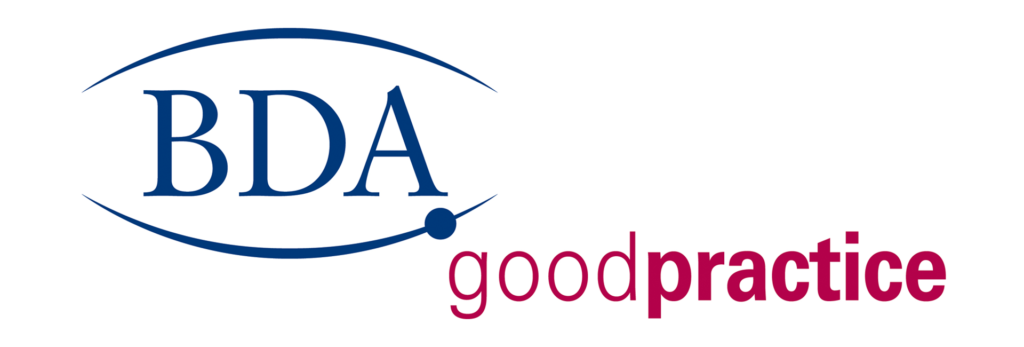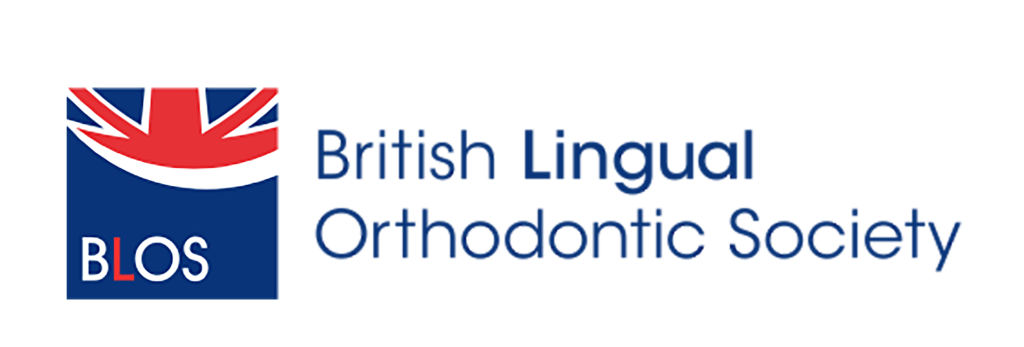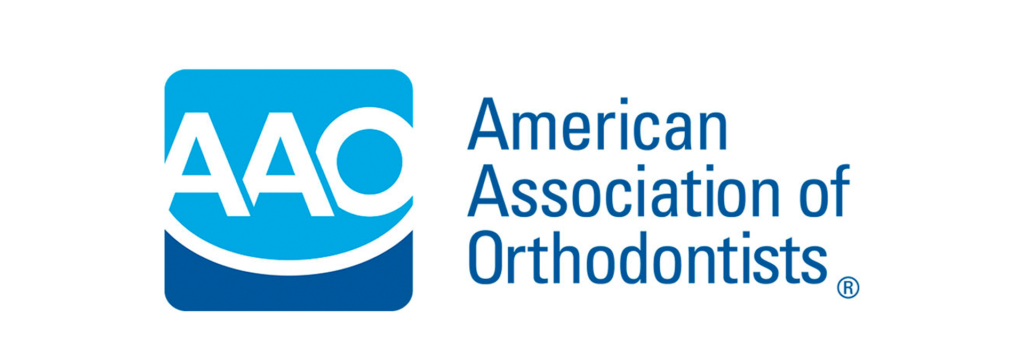Frequently Asked Questions
Orthodontics
Orthodontics is a specialist branch of dentistry that focuses on the correction of tooth and jaw positions with the use of appliances.
A Specialist Orthodontist will begin their career as a dentist and continue further study to specialise as an orthodontist. Many dentists take an interest in orthodontics but Specialist Orthodontists dedicate their career to the practice and have much greater experience straightening teeth and aligning jaws.
Yes, we are a trusted provider of Invisalign® clear aligners, paired with iTero scanning and Dental Monitoring technologies.
Spark clear aligners are another similar treatment option we have available at Angle House.
We offer a range of braces including metal braces, clear braces and lingual braces. To learn more about all the orthodontic treatment options available at Angle House, have a look at our treatments page.
Yes! Braces can treat a variety of orthodontic issues regardless of the complexity; and we can provide orthodontic treatment for anyone over the age of 7.
During the first few days after an appliance is fitted you may experience some mild discomfort as your teeth adjust – this can be easily managed with over-the-counter pain medication.
Your first smile check is an opportunity for us to assess your needs and discuss every option with you.
We will also take a scan of your teeth, provide you with a simulation of your new smile and create a treatment plan, all on the same day, should you decide to go ahead with the treatment.
Book your first consultation now to get started.
Each patient’s treatment time will vary depending on the severity of their misalignment and the treatment option chosen. Most treatment times are between 12-24 months.
Once your braces have been fitted you will need to visit your Specialist Orthodontist once every 6-8 weeks. Those with Invisalign® clear aligners can take advantage of Dental Monitoring, an app that allows you to keep us updated on your treatment without the need for a clinic visit.
Once your braces have been fitted you will need to visit your Specialist Orthodontist once every 6-8 weeks. Those with Invisalign® clear aligners can take advantage of Dental Monitoring, an app that allows you to keep us updated on your treatment without the need for a clinic visit.
Our goal is to correct tooth positions first and leave extractions as a last resort. Should a tooth need to be removed, we will refer you to a dentist or a dental surgeon for the procedure.
Once your treatment is complete, you will be required to wear a retainer in order to hold your teeth in place while your muscles adjust to the new position of your teeth. The length of time that you need to wear your retainer varies. This will be discussed with you during your first consultation.
Invisalign Aligners
The cost varies according to the quantity of aligners required and the complexity of the case. Invisalign Lite for mild to moderate cases can cost from £250 per month over 12 months; or for more complex malocclusions, it can cost from £375 per month over 12 months.
Check our pricing page for more information.
Costs vary significantly for both appliances so neither one is necessarily more expensive than the other. At Angle House, we offer flexible payment plans which means you can spread payment out over a 12 month period.
Ultimately, we will advise upon the treatment that best suits your lifestyle and your specific case.
Check our pricing page for more information.
Both Invisalign and braces are orthodontic appliances that move teeth by applying gentle pressure. Each system has advantages and disadvantages. Your orthodontist will be able to advise you about which is more suitable for you.
To compare, braces require special care to maintain oral hygiene and there are dietary restrictions to avoid damaging the brace; at the same time however, braces are fixed to the teeth and are therefore effective 24/7.
Invisalign on the other hand, is almost invisible and does not require special dietary or oral hygiene measures; you do however had to ensure the aligners are worn at least 22 hours per day to be effective.
To speak to an orthodontist about your treatment, book your first consultation now.
Invisalign is an orthodontic appliance which moves teeth by applying gentle pressure. The teeth, bone and gums need to be healthy in order to avoid dental health issues. Your orthodontist will advise whether your dental health needs to be stabilised before receiving any orthodontic treatment.
As aligners are worn for at least 22 hours per day, it’s important to avoid fizzy, sugary drinks while wearing aligners.
Take a look at our brace care advice to find out more.
Spark Aligners
Spark is a recent aligner system designed by an established orthodontic company Ormco. Spark aligners do have some advantages which your orthodontist will discuss with you, so you can make an informed choice between Spark and Invisalign aligners.
Treatment times vary from case to case. After consultation with your orthodontist, we will programme the aligner series to provide the most effective treatment.
To speak to an orthodontist about your treatment, book your first consultation now.
In general yes, but there are a couple of items to take note of. Be aware that very hot beverages can distort the aligner and fizzy sugary drinks can lead to enamel marks. Food can get trapped inside the aligner so it’s important to ensure that you’ve rinsed out your mouth (or preferably brushed your teeth) after every meal.
Take a look at our brace care advice to find out more.
Fixed Braces
Fixed braces are attached to your teeth and cannot be removed for eating or cleaning. Braces are made up of a few components: brackets that are attached to your teeth with dental adhesive, and wires and elastics that link the brackets together and apply pressure to the teeth.
We offer three types of fixed braces at Angle House: Metal Braces, Clear Braces and Lingual Braces.
The amount of time required for fixed braces to be worn varies depending on the complexity of the malocclusion. Simple treatments can complete in 6 months whereas more complex problems (e.g. correcting bite problems or impacted teeth) can take 2 – 2.5 years to finish.
Fixed braces require special care with extra dietary restrictions and oral hygiene routines. It’s important to attend regular appointments with your orthodontist so that we can supervise your treatment and prevent any problems.
Take a look at our brace care advice to find out more.
Treatment costs vary depending on the type and complexity of the case. A simple fixed braces treatment can cost from £1500 while lingual braces can cost up to £7000.
Check our pricing page for more information.
Metal Braces
The cost of private treatment starts at £2000. Check our pricing page for more information.
Children under 18 years of age and eligible under the NHS acceptance criteria can get metal braces funded by the NHS.
Any type of fixed braces can cause damage to the teeth if the dietary and cleaning instructions are not followed. To avoid damage, meticulous oral hygiene and avoidance of sugary foods, especially fizzy drinks, is required.
Take a look at our brace care advice to find out more.
The main disadvantage of fixed metal braces is aesthetics.
The second disadvantage is the special hygiene and dietary requirements. Take a look at our brace care advice to find out more.
Clear Braces
Yes, all braces are designed to apply pressure to the teeth, gums and bones, allowing the teeth to move into their new position.
Clear braces start from £2000 – £7000. We offer affordable treatment plans for those patients that would prefer to spread the cost out over a longer period.
Check our pricing page for more information.
Yes, on average clear braces cost £300 – £600 more.
Check our pricing page for more information.
Treatment duration depends on individual response so treatment times should be about the same compared to other braces.
Lingual Braces
Treatment duration depends on individual response so all brace systems should take approximately the same time.
Lingual braces are custom made and should last the duration of the treatment. Treatment durations vary depending on the complexity of the case.
Each has its advantages and disadvantages. Invisalign is removable but needs to be worn at least 22 hours per day to be effective. Lingual braces take longer to get used to and initially can impact speech and eating.
To speak to an orthodontist about your treatment, book your first consultation now.
Some patients choose lingual braces because they prefer a fixed brace that is invisible—lingual braces are fixed behind the teeth as opposed to the front.
To speak to an orthodontist about your treatment, book your first consultation now.
Specialist Dentistry
A general dentist will provide a broad range of dental treatment and advice. A specialist dentist has undergone further training and qualifications, in order to devote their practice to a particular area.
Specialist orthodontists work together with general and specialist dentists to care for a patient with multiple needs.
A Specialist Orthodontist will begin their career as a dentist and continue further study to specialise as an orthodontist. Many dentists take an interest in orthodontics but Specialist Orthodontists dedicate their career to the practice and have much greater experience straightening teeth and aligning jaws.
You can use the NHS search tool to find an NHS dentist near you and get in touch with them to book an appointment.
Angle House is not a general dentist practice and we do not provide NHS dental treatments.
Unfortunately, the demand for NHS dentistry exceeds the supply of NHS dentists.
Angle House is not a general dentist practice. We offer specialist orthodontic and dental treatments.
Oral Hygiene
The goal of practising good oral hygiene is a healthy mouth i.e. low plaque levels and no/minimal gum inflammation and bleeding.
In order to maintain good oral hygiene, teeth should be brushed twice daily with a small-headed toothbrush. All tooth surfaces, as well as the gum margins, should be cleaned.
Interdental cleaning should also be carried out daily. The type of interdental aid (e.g. floss, interdental brushes) will depend on the size of the interdental spaces.
You may also consider our professional Oral Hygiene treatment for a thorough clean and polish.
Oral hygiene is important as it can reduce the risk of developing periodontal disease and dental caries (tooth decay).
Periodontics
A periodontist diagnoses and treats diseases and conditions associated with the gums.
A periodontist has undergone additional training in the form of a Masters programme (minimum of 3 years) to become a gum specialist.
Periodontists are equipped with the skills to treat complex cases and offer advanced treatments such as gum surgery.
See below some examples of treatments a periodontist might offer:
Non-Surgical therapy
This includes oral hygiene education and cleaning above and below the gums with local anaesthetic as necessary. The aim of non-surgical therapy is to prevent disease progression and tooth loss.
Surgical periodontal therapy
This includes pocket reduction surgeries such as access flap, resective and regenerative procedures. Following the initial therapy, there may be sites with residual disease. These surgeries are often indicated to prevent disease progression and facilitate cleaning.
Periodontal plastic surgery
This may be indicated to prevent or correct defects in the anatomy, position and/or amount of soft tissue and underlying bone support around teeth. This includes the management of gum recession.
Crown lengthening
This surgery aims to increase the amount of tooth on show above the gum line. This may be indicated for restorative or aesthetic areas. Crown lengthening treatment may be appropriate for the management of a gummy smile.
Management of peri-implant diseases
This is the treatment of diseases of the tissues surrounding an implant, to prevent loss of said dental implant.
Visit our Periodontics treatment page for more information or to book a consultation with a periodontist.







